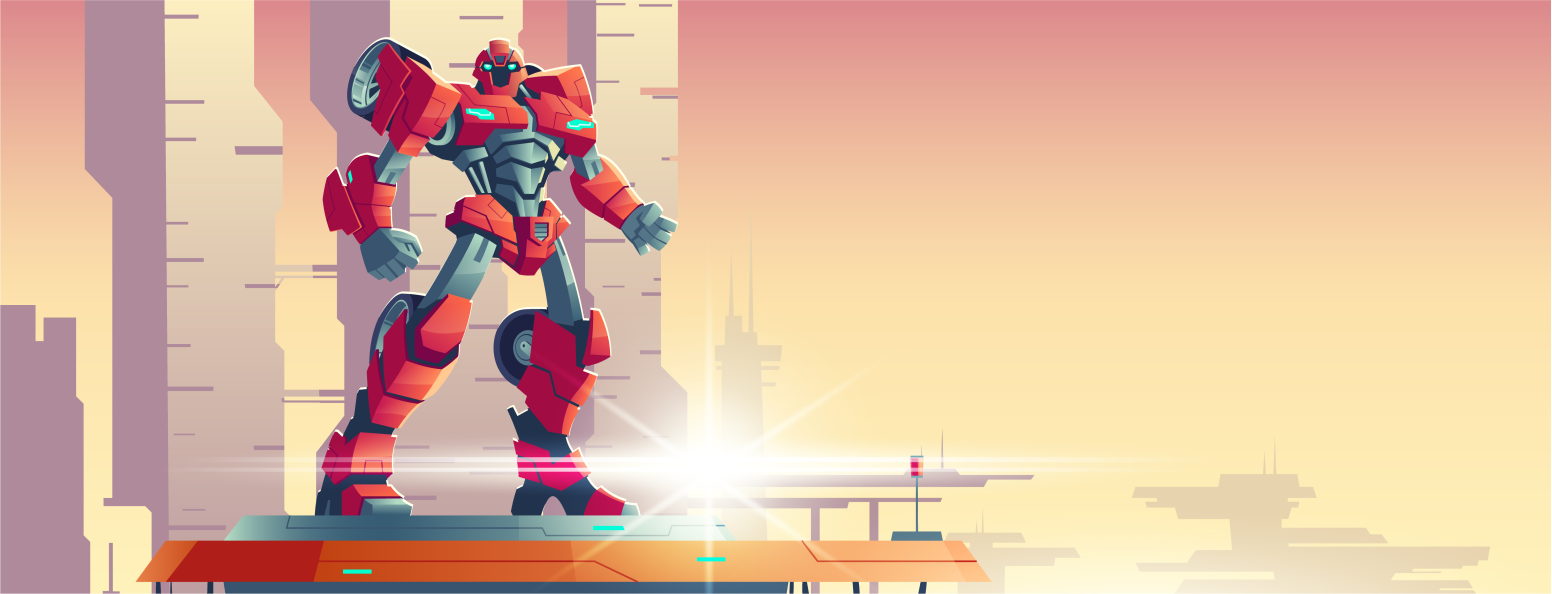Will AI take the job of software developers? Not so fast!
- AI
- software developer jobs
- coding
- human interaction
- gathering requirements
- AI as tool

In the ever-evolving landscape of technology, the question looms large: Will AI or artificial intelligence replace software developers? The notion itself sparks a plethora of debates across the tech community. After all, programming has traditionally been about instructing machines on what to do, albeit through a specialized language. Yet, the future hints at a possibility where instructions could be given in plain English, or even Hungarian, for that matter. But does that fundamentally alter the essence of what makes software development challenging? Let's dive into this.
For starters, my personal journey with programming tools like ChatGPT has been eye-opening. It's true, these tools can perform tasks or generate code based on instructions provided in natural language. However, the crux of the matter lies not in the ability to code but in formulating the right questions. Knowing what to ask, how to specify requirements, and understanding the intricacies of problem-solving are vital. The challenge has never really been about the coding itself but rather in deciphering human needs, articulating them into tangible specifications, and devising optimal solutions.
Historically, much of software development has involved cobbling together pre-existing solutions from resources like StackOverflow. This process underscores a significant aspect of our profession: innovation through integration. Therefore, the idea of AI usurping the roles of developers seems far-fetched at this stage. Or, as humorously noted, we might only need to worry when AI reaches an indistinguishable level from humans. At that point, it's not just the developers at risk but potentially every job market, leading us into a utopian (or dystopian, depending on your view) future of universal basic income and endless holidays (or termination by T-800).
"The essence of software development is not just in the act of writing code, but in the nuanced art of understanding human needs and translating them into technological solutions. It's a complex dance of empathy, creativity, and technical skill - a realm where AI, at least for now, cannot fully tread."
But here's the kicker: programming, or software development, transcends the mere act of writing code. It's about understanding needs, validating their significance, planning their execution, and selecting the appropriate architecture. This multifaceted challenge encompasses IT, psychology, and economics — a blend so complex that envisioning a language model or AI fully addressing it seems remote. The evolution of programming languages, libraries, and frameworks over the past five decades illustrates not a displacement of human roles but a shift in focus. We've moved from the tedium of manually coding basic functions to leveraging powerful frameworks that abstract complexity, allowing us to concentrate more on problem-solving and less on boilerplate code.
The most critical misunderstanding in IT is assuming it's solely about machine interaction. In reality, the heart of technology lies in human communication. Understanding, articulating, and translating human needs into technological solutions epitomize the essence of software development. It's a realm where empathy, creativity, and technical acumen converge.
On the other hand, amid the discourse on AI's role within software development, it's crucial to recognize how current AI technologies serve as invaluable assistants to software engineers and architects. These advanced tools are not rivals but allies, enhancing productivity and innovation in the field. These intelligent tools assist in various facets of the development lifecycle, from conceptual design to deployment. For instance, ChatGPT-4 can streamline the coding process by generating boilerplate code, offering debugging assistance, or providing suggestions for optimizing algorithms. As an example, code can be written directly from a well-written User Story. Moreover, its ability to process and summarize vast amounts of information can significantly cut down research time, enabling developers to stay abreast of the latest technologies and best practices. AI may also facilitate a deeper understanding of complex software architectures by offering explanations and guiding through learning new programming languages or frameworks efficiently. Rather than seeing AI as a threat, we should embrace these tools for their potential to elevate our work, allowing us to focus on more creative and strategic aspects of software development. Through collaboration with AI, software engineers and architects can push the boundaries of innovation, making technology more adaptable, intuitive, and aligned with human needs.
To sum up, while AI and automation will undoubtedly continue to shape and redefine the landscape of software development, the core of what we do is inherently human. The nuanced understanding of needs, the creativity in problem-solving, and the complex decision-making involved in architecture and design are facets of development that AI is far from replicating comprehensively. So, to all my fellow developers out there, our jobs are more than just coding — they're about making sense of the human experience through technology. And that's not something AI can easily take away. Take my job? We'll see, but for now, I'm not holding my breath.




 The website includes cookies
The website includes cookies